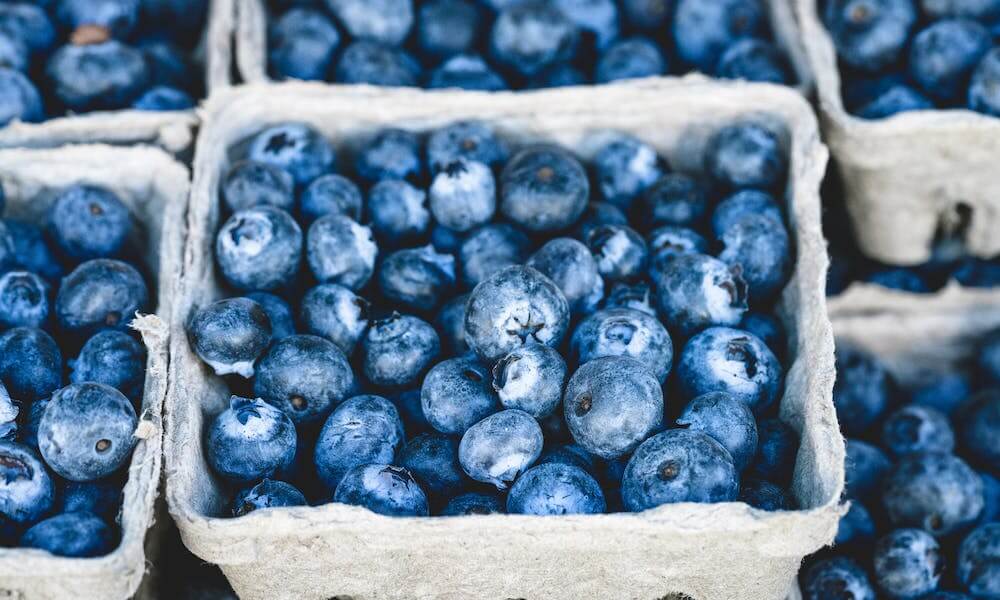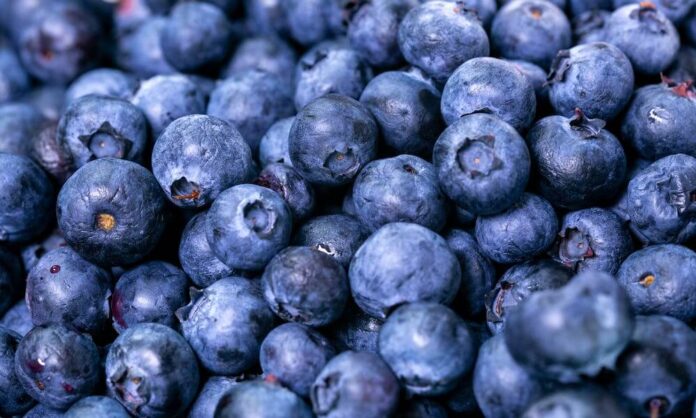The humble blueberry, a staple in the fruit industry, has recently been the subject of unexpected concerns. Is there a blueberry shortage? If so, what could be the cause and potential impacts? Let’s delve deeper into this.
In this article, we will explore the factors contributing to the potential blueberry shortage and its potential implications for consumers and the industry.
Importance of Blueberry in the Industry
The blueberry, a tiny yet mighty fruit, holds a significant place in the global fruit industry. Its juicy sweetness and myriad health benefits have made it a favorite among consumers. From breakfast bowls to vitamin-packed smoothies, the blueberry is a versatile powerhouse.
However, its importance extends beyond our plates. The blueberry industry contributes significantly to the economy, creating numerous jobs in agriculture and processing. Furthermore, it supports a variety of related sectors, such as packaging, transportation, and retail.
Is There Any Shortage of Blueberries In 2024?
Fast forward to 2024, and the chatter about a blueberry shortage has grown louder. Several regions across the globe have reported a decline in blueberry yield. Farmers are voicing concerns about the dropping numbers and the potential reasons behind it.
The news of a blueberry shortage is concerning. The repercussions could be far-reaching, affecting not just the fruit industry but also the global food supply chain. The decline in blueberry yield has been attributed to several reasons.
There’s hope that these measures could turn the tide and ensure the availability of blueberries in the future. However, according to experts, consumers, businesses, and policymakers must understand the situation’s gravity and support the global food supply chain more sustainably and responsibly.
Blueberry Shortage 2023

In 2023, there were already signs of a potential blueberry shortage. So, in the last quarter of 2023, the blueberry market plunged into an unprecedented crisis when the US, the world’s largest producer of blueberries, could no longer meet global demand. The USDA reported that the blueberry harvest for the year was significantly lower than anticipated, marking a significant decrease and leading to the blueberry shortage across the globe.
The blueberry shortage had a ripple effect on several industries. The prices of blueberries skyrocketed, affecting manufacturers of food products that use blueberries, such as jams, pies, muffins, and yogurts. The impact was noticeable in the food service industry and supermarket chains where the demand for fresh fruit and products could not be met.
To deal with the shortage, some food manufacturers started substituting blueberries with other similar berries, such as blackberries and raspberries. This solution, although practical, was not entirely satisfactory, as it altered the taste and presentation of many traditional blueberry products.
Why Is There a Blueberry Shortage?
The cause of the blueberry shortage is multifaceted. Climate change, with its erratic seasons and extreme weather events, is a significant factor. More frequent droughts and frosts can damage blueberry crops, reducing yield.
Plus, invasive pests pose a threat to blueberry farms. These pests can decimate entire fields, leaving farmers with significantly less produce. At Last, increased global demand for blueberries has put pressure on supply. As the popularity of blueberries has grown, particularly in Asia, farmers are struggling to keep up with the demand. This has led to shortages and higher prices for consumers.
Is Blueberry Price Increased After the Shortage?
With the shortage, there’s been a marked increase in blueberry prices. The basic economics of supply and demand explain this trend. When the supply decreases and demand remains constant, prices inevitably rise.
For consumers, this means paying more for their beloved blueberries. For farmers and retailers, it’s a challenging situation, balancing the need to cover costs with maintaining customer satisfaction.
You may also like to read:
Impact of Blueberry Shortage on the Industry
The rumors are true. There is indeed a blueberry shortage. It is a situation that has sent shockwaves through the industry. This shortage has ripple effects that go beyond just the farmers and consumers; they also impact the food processing industry, retailers, and even the health industry.
A significant part of this issue lies in the unpredictability of nature. Unfavorable weather conditions, like frost and drought, can significantly impact the yield. This unpredictability has led to a decrease in the supply of blueberries, causing prices to skyrocket.
However, the impact doesn’t stop there. The shortage also affects the livelihoods of those working in the industry. With less yield, farmers are unable to sell as much, resulting in financial strains. The food processing industry also feels the pinch as they depend on blueberries for products like jams, yogurts, and pastries.
Is There Any Government Support to Overcome the Blueberry Shortage?
In response to the blueberry shortage, several governments are stepping in to support the industry. Some are providing financial aid to farmers to help them through this challenging period. Others are investing in research and development to improve farming techniques and make blueberry crops more resistant to harsh weather conditions.
Government support is crucial in overcoming the blueberry shortage. It not only aids in immediate relief but also paves the way for sustainable solutions. With adequate support, the industry can bounce back stronger, ensuring a steady supply of blueberries for all of us.
Conclusion
In conclusion, the blueberry shortage is more than just a blip in the fruit industry. It’s a complex issue with far-reaching impacts, highlighting our food system’s vulnerabilities. But it’s also a call to action.
To address these challenges, we need to focus on sustainable farming practices, effective pest control strategies, and fair labor policies. Only then can we ensure the future of our beloved blueberries.
FAQs
When is Blueberry Season?
The blueberry season typically runs from April to late September. However, the exact timing can vary based on your location and the specific variety of blueberries. For example, in the northern hemisphere, blueberry season typically starts in May and can last until August or September, depending on the region. In the southern hemisphere, blueberry season generally runs from October to February.
Are Blueberries Good For You?
Absolutely! Blueberries are packed with antioxidants, fiber, and vitamin C. They’re great for your heart health, brain health, and overall well-being.
Do Blueberries Have Seeds?
Yes, blueberries do have seeds. However, the seeds are so small that you hardly notice them when eating the fruit.
In fact, a single blueberry can contain dozens of tiny seeds. The seeds are dispersed throughout the flesh of the berry and are typically swallowed whole when consumed. So yes, while blueberries do have seeds, they are not typically a notable or bothersome part of eating the fruit.
How Long Do Blueberries Last?
If stored properly in the refrigerator, fresh blueberries can last up to two weeks. However, they’re best eaten within a week of purchase for maximum freshness and flavor. Frozen blueberries can last up to six months in the freezer if stored properly in an airtight container. After this time, they may still be safe to eat but the quality may start to degrade.



